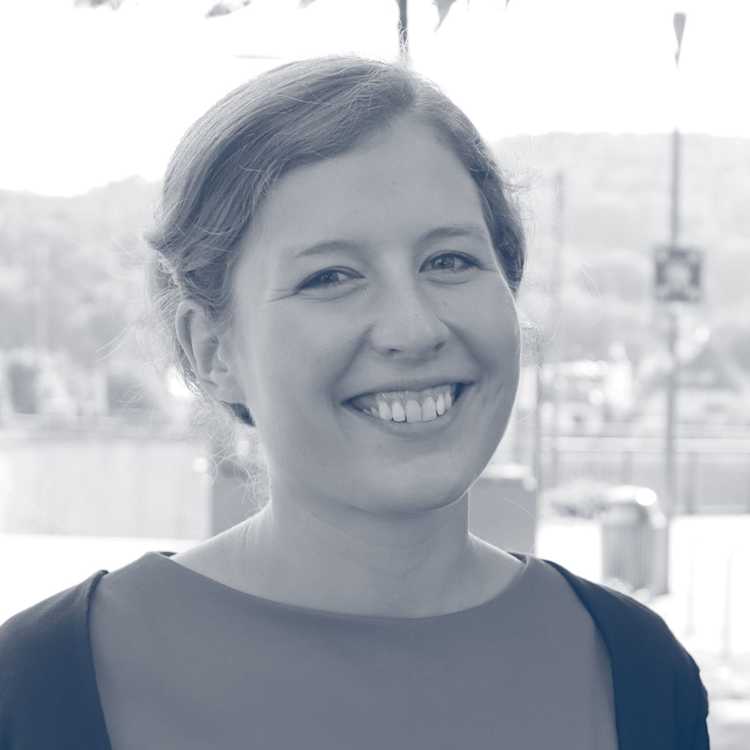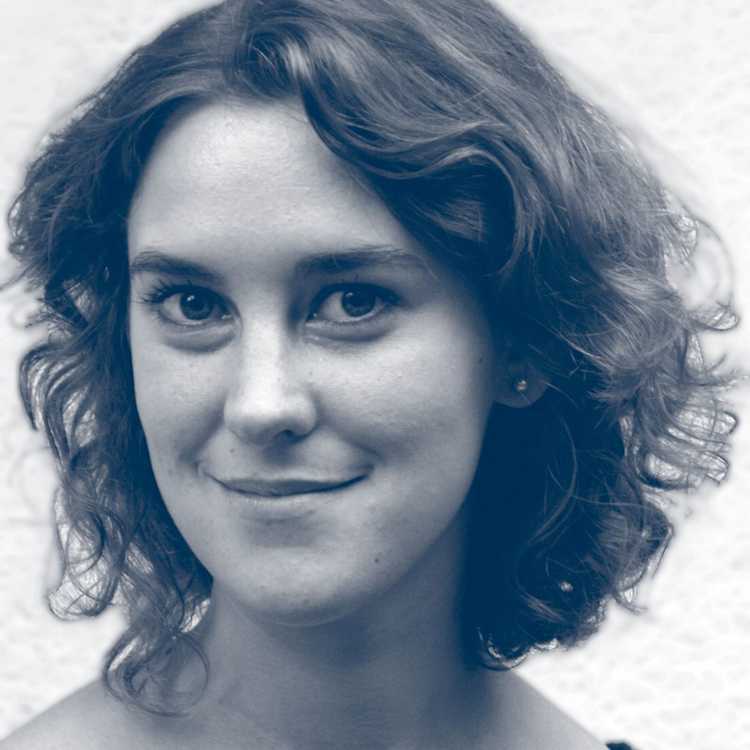- Startseite
- Presse
- "Spotlight on..." Julia Köbrich and Lisa Hoffmann on Field Work
Spotlight on... | 25.04.2022
"Spotlight on..." Julia Köbrich and Lisa Hoffmann on Field Work
Im Rahmen ihres Dissertationsprojekts hat unsere Doktorandin Julia Köbrich Feldforschung in Togo und Sierra Leone gemeinsam mit Lisa Hoffmann, Research Fellow am GIGA Institut für African Affairs und DP Alumna, durchgeführt. Lesen Sie mehr über ihre Erfahrungen während ihres Feldforschungsaufenthaltes.
In February and March Julia Köbrich and Lisa Hoffmann went to Togo and Sierra Leone to conduct field research both for the project "Religion for Peace" as well as Julia's dissertation. Throughout their field research they conducted semi-structured interviews with a diverse variety of people. In this interview they tell us about their experiences.
What were you doing on site and how were things going?
We were five weeks in Togo and Sierra Leone and conducted semi-structured interviews with religious leaders, religious organizations, governmental representatives, traditional chiefs, NGOs, and ‘normal’ believers on interreligious relations and their determinants. Togo and Sierra Leone are success cases of interreligious peace. This seemed to particularly motivate participants as it gave them the chance to share their success stories. We also spoke to local research organizations to find a partner to conduct a quantitative study at the end of the year. Of course, we also ate a lot of tropical fruits and enjoyed the sun. Overall, our expectations for this field research were exceeded owing to our highly motivated research facilitators who organized more interviews than anticipated.
What was the biggest challenge when planning your field research?
As this field research trip had a dual purpose for the project ‘Religion for Peace’ and Julia’s dissertation, we had to handle four different ethical clearance processes: one each with ethics boards in Togo and Sierra Leone, one at the GIGA, and one at Utrecht University. Finding the correct contact persons, filling out various forms, collecting documents, and answering queries on our project kept us busy. Additionally, we had to deal with the constant uncertainty if we can really travel and conduct research or if Corona will cancel all of our plans eventually.
What worked well in your field research? What did not work well?
In both countries, teamwork was great. The two of us got along very well—during worktime and when handling unpredictable situations (for example joining a traditional dance ceremony or giving a prayer)—but also in our free time. At the same time our local research facilitators and drivers were very reliable and well-structured. Without them, we would neither have been able to meet so many interesting interviewees nor would we have gotten to know some of the countries’ particularities, like drinking the local palm wine “Sodabi” in Togo or “greeting” (giving money to) traditional chiefs in Sierra Leone. Two things that did not work well was sometimes the internet connection in our accommodations as well as getting cash from ATMs.
What tips/advice would you give other Doctoral Researchers who plan to conduct field research?
It’s key to plan well in advance to avoid too much stress upon arrival. At the same time, try to be flexible and don’t stick too much to your plans if things change or if new opportunities come up. As we really valued our collaboration with local researchers and research facilitators, we would recommend engaging in such. Moreover, for us, it was beneficial to contact the German Embassy prior to coming to Togo and Sierra Leone—they even organized a dinner for us. Finally, to make the most of your stay, try not to focus on different work tasks while being on fieldwork and use at least one weekend for sightseeing.

